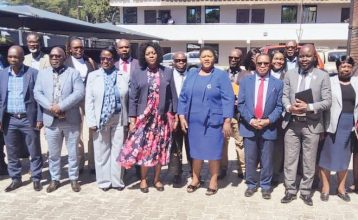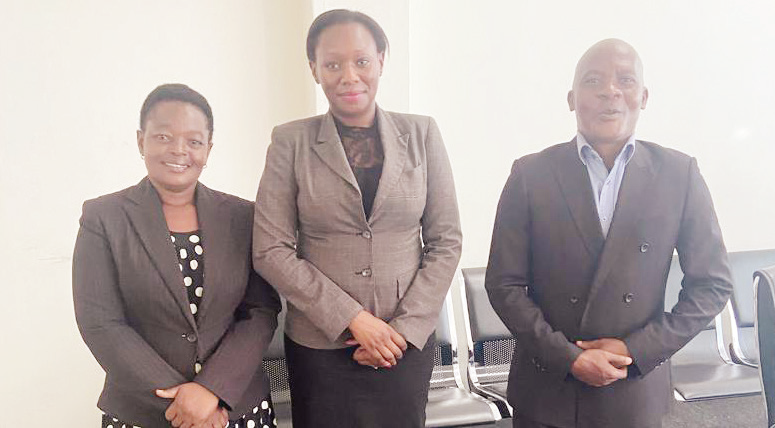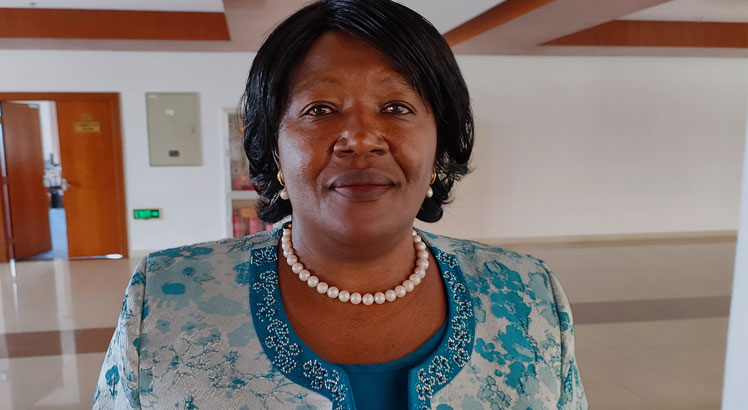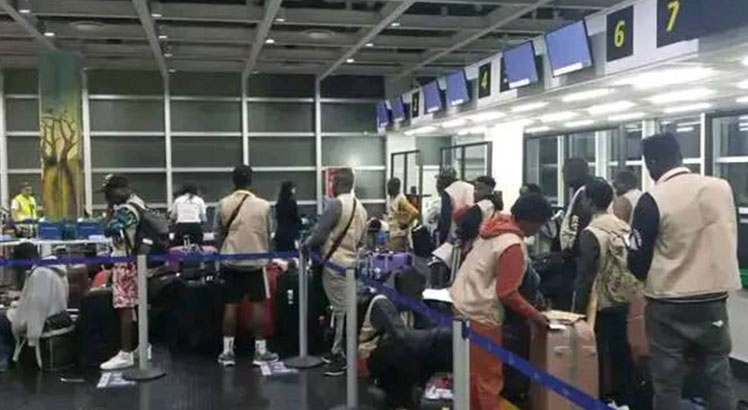Cyclone survivors still need relief
Survivors of Cyclone Freddy in Mulanje and Phalombe have appealed to government and other well-wishers for more support to sustain their families after being relocated from displacement camps.
The people made the appealed on Tuesday during a media tour of the communities affected by the cyclone organised by the Centre for Democracy and Economic Development Initiatives (Cdedi).
One of the survivors, Annie Tambula, from Traditional Authority (T/A) Mkhumba in Phalombe said her family’s survival has been difficult since they left the camp.
“My three grandchildren and I survive on wild yams, maize bran or paw-paws because I do not have money to buy maize, which is expensive. Since we left Phalombe Primary School camp, we have only received help from Red Cross,” she explained.
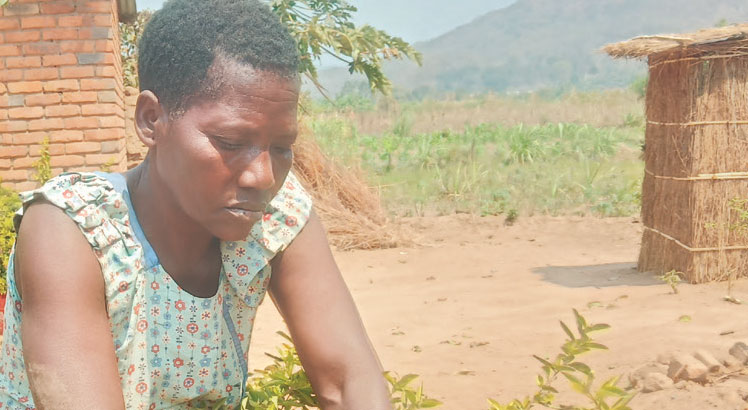
Village head Chitimbe asked government and well-wishers to support the survivors with business start-up capital or farming for self-reliance.
At Namchidwa camp in T/A Njema in Mulanje, survivors expressed worry over the condition of the shelter as the rainy season approaches.
Jane Burton, one of the camp members, lamented that the tents being used were unsustainable.
The people have been at the camp for five months since Cyclone Freddy struck on March 13 this year and government’s plan on their relocation remains unclear.
“Our worry is that as October approaches, we may start experiencing rains. These tents will not be favourable to us,” she noted.
In his remarks, Group village head (GVH) Mdala said the camp, which has 96 families, was prone to diseases as it was not conducive for humans due to over-crowding.
Cdedi executive director Sylvester Namiwa urged politicians to stop concentrating on recording political mileage and treat disasters with the urgency they deserve.
He said it was unbelievable that people are still in camps without proper care and support five months after the cyclone.
“The basic human needs are food, shelter and clothing, but these people are still in camps even after being promised dwelling units.
“These people are living like half-humans or foreigners in their own country because the tents are not fit for human beings. Those that promised assistance should do the needful with speed,” said Namiwa.
He further demanded government to reduce the maize price to ensure food accessibility.
Last month, the Department of Disaster Management Affairs told our sister newspaper The Nation that the relocation of survivors of the cyclone was progressing well and that some houses would be built by international partners


